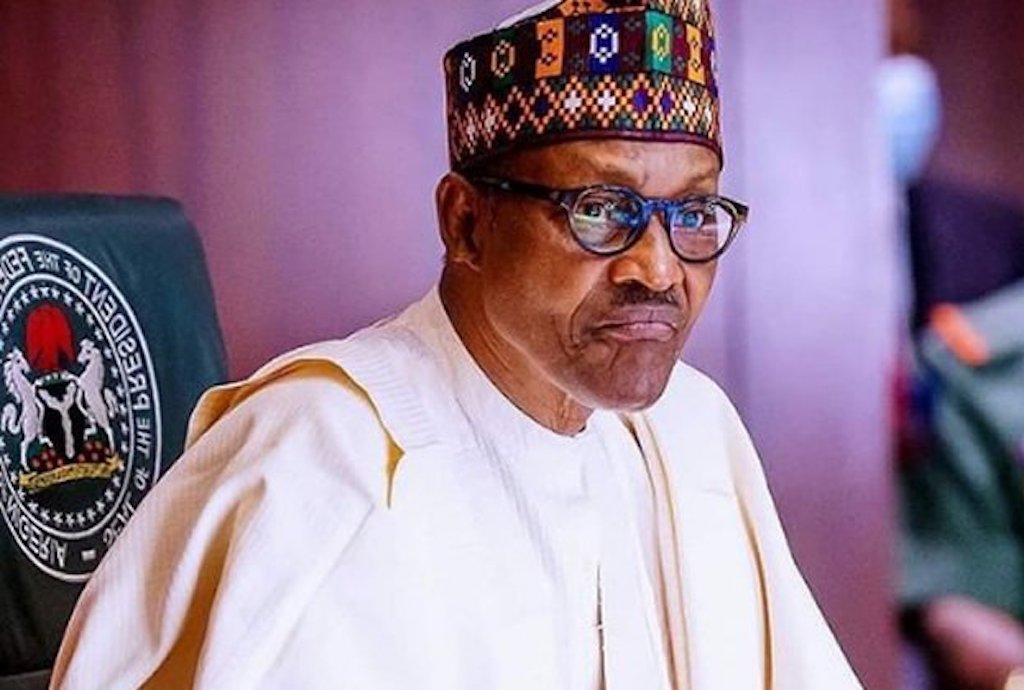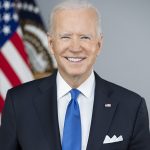The House of Representatives Electric Power Sector Reform Act, or EPSRA, contains significant anti-investment clauses that raise concerns that the N10 billion in new investments prompted by the proposed introduction of Nigeria’s Electricity Act may turn out to be a fantasy.
According to a copy of the bill obtained by Propolitics, the House of Representatives imposed a number of fees, including a 2% profit tax on all Nigerian companies that provide services for renewable energy projects.
Additionally, there is a 5% tax on every KWh of energy sold in Nigeria as well as a 5% carbon tax on the pump price of petroleum products (PMS, AGO, and LNG).
Consultant: House EPSRA Amendment is not favorable to investment
Odion Omonfoman, the chief executive officer of New Hampshire Capital Limited and the Nigeria Governors Forum’s principal power consultant, commented on the situation, saying: “The EPSRA Amendment Bill by the House has a number of features.
“The provisions, in our opinion, would be detrimental to the power sector and curtail further investments in the NESI if passed into law.
“These provisions also infringe the constitutional rights of states to make laws for electricity generation, transmission and distribution within their territories.
“The amendment bill imposes significant additional costs on a bankrupt electricity market and the companies operating in the electricity sector.
“Sadly, the (amendment) bill is so focused on generating revenues for the existing federal agencies in the power sector, it overlooks the unintended consequences and the harm the bill would cause to the power sector, as Nigerians will have to pay higher for electricity.
“In our opinion, the EPSRA Amendment Bill by the House prevents State governments from harnessing their hydro resources for small and medium scale renewable hydro-electric power generation within their states.
“The (amendment) bill expands the remit of Hydroelectric Power Producing Areas Development Commission (HYPADEC) to capture small scale hydro-electric plants/activities in all states.
“Under the (amendment) bill, small and medium scale hydro-electric power companies operating within a state, would pay a 10% tax on the total revenues generated (see section 77A (2) and (6)).
“The proposed 10% tax on their revenues will make small scale hydro-electric power generation within states economically unviable to investors willing to take on the risk of investments in these small scale hydro-electric power projects.”
Harmonization required
“Even though the EPSRA amendment bill has been passed by the House, we call on the Speaker and members of the House to look more closely at the provisions of the EPSRA amendment bill in order to avoid inflicting further needless hardships and sufferings on their constituents,” the consultant who advocated for the harmonization of the Senate and House versions, said.
“In any case, the funding elements of the EPSRA amendment bill that are passed by the House and Senate must expressly exclude participants in State Electricity Markets.
“By the provisions of the 1999 Constitution under section 13(b) and 14(b), Second schedule, the National Assembly has no powers to make laws for electricity distribution within States.
“In this regard, the EPSRA Amendment Bill in section 98A, makes provisions for the ceding and transition of electricity regulations within a State from the Nigerian Electricity Regulatory Commission (NERC) to a State Electricity Regulatory Commission (SERC) created by a State electricity law.
“This is a provision that require harmonisation between the Senate Electricity Bill and the EPSRA amendment bill.
“The Senate Electricity bill should make similar provisions for regulatory transition of successor DisCo operations within a state to the SERC.”






